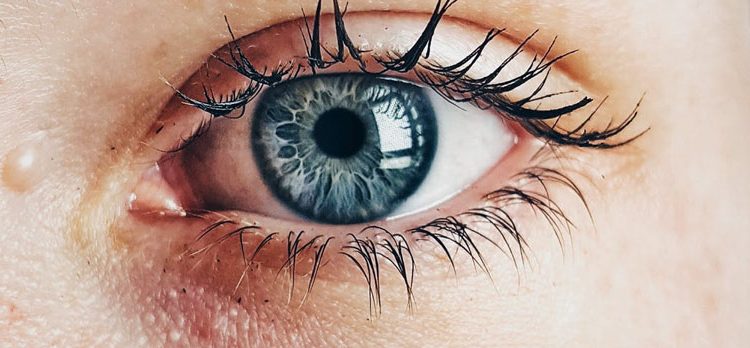Everybody has at least one person close to them that has been affected by cancer. As people grow older, their chance of getting cancer increases. Various factors in a person’s lifestyle, diet, and habits play a role. As it affects all people, it is in everyone’s interest to donate to fundraisers collecting data for the prevention of cancer.
After lung cancer, skin cancer is highest on the list of cancers detected. There are two types of skin cancer, namely non-Melanoma skin cancer and Melanoma skin cancer.
Melanoma is an aggressive skin cancer and is the deadliest type. Melanoma can have symptoms that include redness or swelling around a mole, a mole becoming itchy, tender, or painful, or a change in the surface. A sore that doesn’t heal can also be cause for concern.
A lot of research is done on what causes Melanoma, how to avoid it, and how to treat it. For successful fundraising, it is important to give donors a lot of information on the subject and help them understand how they can benefit from the research for which they donate.
Photos can be included to show what different skin cancers look like and what type of research is needed for each.
Cancer Prevention Studies

Fundraising for prevention and enrollment by participants is vital to keep studying the causes and various treatments for skin cancer. Data collection and analysis help highlight the effects of lack of exercise, sun exposure, and the effects of tobacco.
Gut Microbiome Studies

Every person’s microbiome is formed by their lifestyle, genetics, diet, and environmental factors. The microbiome can be linked to chronic health conditions like inflammatory bowel disease, colorectal cancer, and obesity. By collecting data from a vast range of global participants, researchers can link factors to cancer.
Surveillance and Equity Science

The goal of this type of research is prevention, identifying patterns, and studying the effects of treatment, aftercare, and mortality. Further studies include looking at mortality rates because of health policies, cancer control programmes, and economic burden.
Part of the programme includes making people aware by publishing quality publications and removing factors that prevent patients from getting optimum health care.
Population Science

By studying behavioral, social, environmental, physical, and societal factors, researchers can collect and evaluate data to effectively help people to change behaviors.
Research is important for many different reasons. These types of studies help scientists get closer to cures and better ways of treating cancer.

